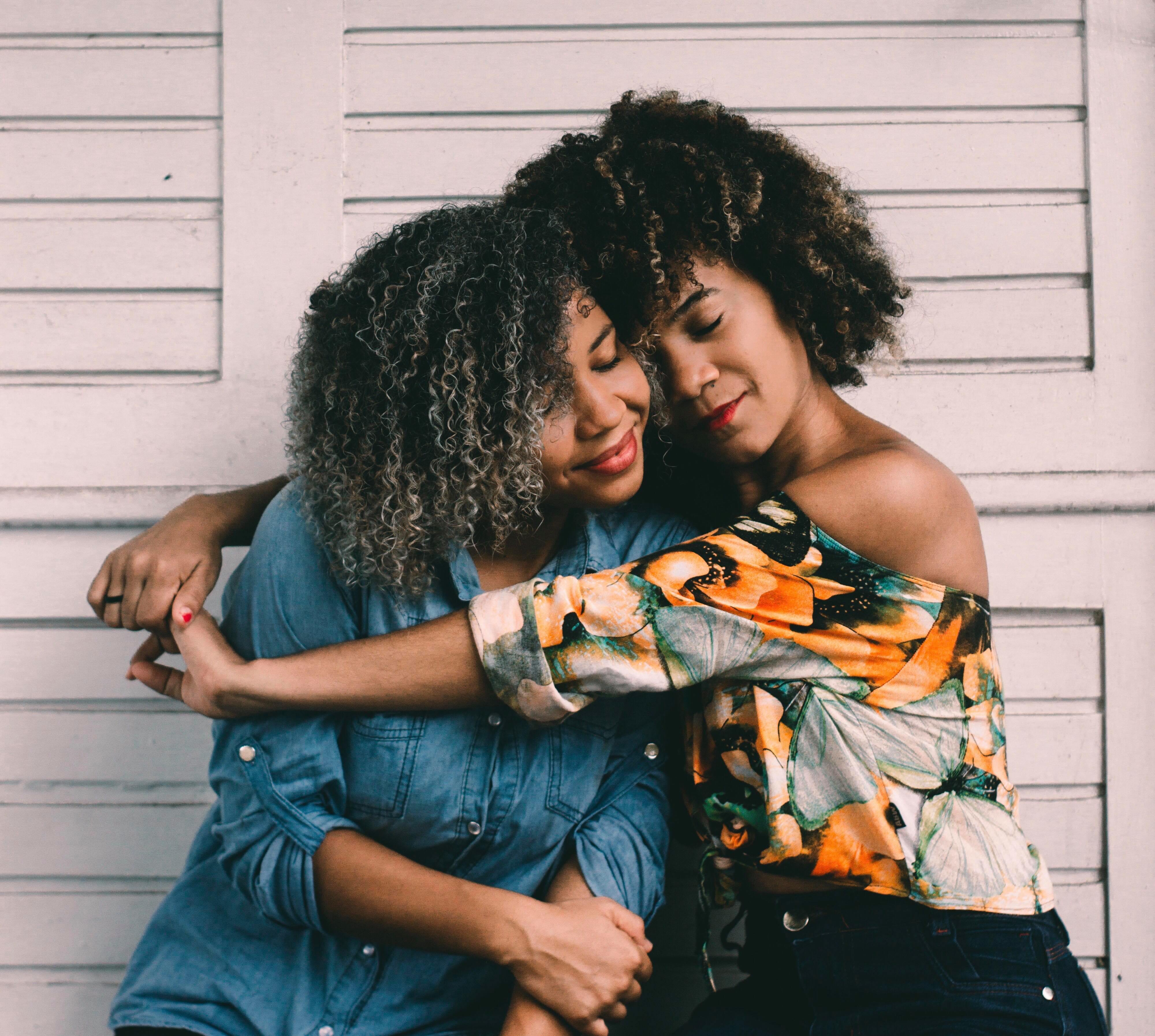There are countless types of trauma, but I want to focus on sexual trauma today – particularly sexual trauma experienced by women. Ladies, this post is specifically for you.
As a therapist, I heard a lot of stories of trauma. Everyone has trauma of some kind, whether it’s a pet that died or a medical trauma or physical abuse or neglect or a car wreck and so on. We all have something. Trauma is something that affects the very structure of our brains, and it can impact every single area of our lives – especially if it happens when we are children.
Something that is being talked about a lot is that the vast majority of women have been sexualized by men to the point that they have felt uncomfortable or unsafe at some point in their lives. This is how the #MeToo movement came about – to bring awareness to the epidemic of sexual harassment and sexual assault. Of course, the #MeToo movement has been controversial, for whatever reason, but I think we can all agree that far too many women have experienced sexual harassment and assault. If you ask a woman at what age she first heard a sexualized comment by a man or boy about her body, the overwhelming majority will say when they were a child. A child.
But this is no surprise to most women reading this.
I was talking to a friend recently about how many of us women go through a relationship as a teenager where we are pressured into doing something sexual without true consent. For some it was kissing, and for some it was sex, but either way, they didn’t want it. I have so many friends who did not realize until they were older that their relationship with their middle or high school boyfriend wasn’t just toxic; it was abusive.
Let me clarify.
If some dude in middle school or high school or whenever made you feel guilty for NOT touching his penis until he wore you down enough to touch it, that is abuse. If you unwillingly went down on your boyfriend because he said if you really loved him you would do it, that is abuse. If he somehow gaslighted you into thinking you were crazy for not wanting to have sex with him, that is abuse. If you did anything sexual that you weren’t comfortable with because a guy you liked made you feel like you had to, that is abuse. It doesn’t have to be physically forced; words can do enough damage. Emotional abuse is still abuse. And when emotional abuse is mixed with sex or sexual acts, it leaves us feeling broken, dirty, and worthless physically and emotionally. It’s some really disgusting, damaging shit.
One of the things that we crave so much when we finally are made aware of the trauma we’ve endured – and I mean truly aware, not denying or repressing our experience – is justice. We want an apology, or at the very least repentance. We want men everywhere to apologize for the gross injustices that their brothers have committed. We want things to be made right. We feel we are owed that.
But here’s the thing.
We cannot make these men hear our voice. We can march and yell and protest and post #MeToo until we are blue in the face, but if someone is dead set against listening to our experiences and taking note of our pain, there is nothing we can do about that. You cannot force empathy on someone. As one of my good friends said, “No wonder we’re such angry feminists.”
And don’t get me wrong, we need marches and protests and social media campaigns. We need allies. We need men everywhere to realize that their words have power. We need men to stop hollering at women on the street or grabbing women in clubs. We need men to hold themselves and each other accountable. We need dads to teach their sons about respect and consent. We need that if our culture is ever going to change.
But we don’t need these things to heal. You know what we need to heal? Each other.
Healing begins the moment we feel heard.
The moment that we allow ourselves to be vulnerable enough with one another to tell our stories is the moment we begin to heal. Do you understand the power in telling someone you were molested as a child and hearing her say, “Me too, friend”? The enormity of confiding in your friend that your first boyfriend made you perform oral sex while you cried and hearing, “I get it, sister”?
Many therapists have their clients create a trauma narrative to help survivors of trauma make sense of their experience, and studies show that feeling understood might be more important to our well-being than feeling loved.
Telling your story to someone who understands takes a lot of courage. It’s not something that comes easily or naturally, and it often warrants a therapist. Opening up about trauma isn’t easy, but it is crucial.
You are not guaranteed an apology by your 9th grade boyfriend or from the man on the street, but chances are, when you tell your story to another woman, you’ll get validation. You’ll get connection. You’ll get sisterhood. You’ll get a “Me too”. And you’ll find healing there.






